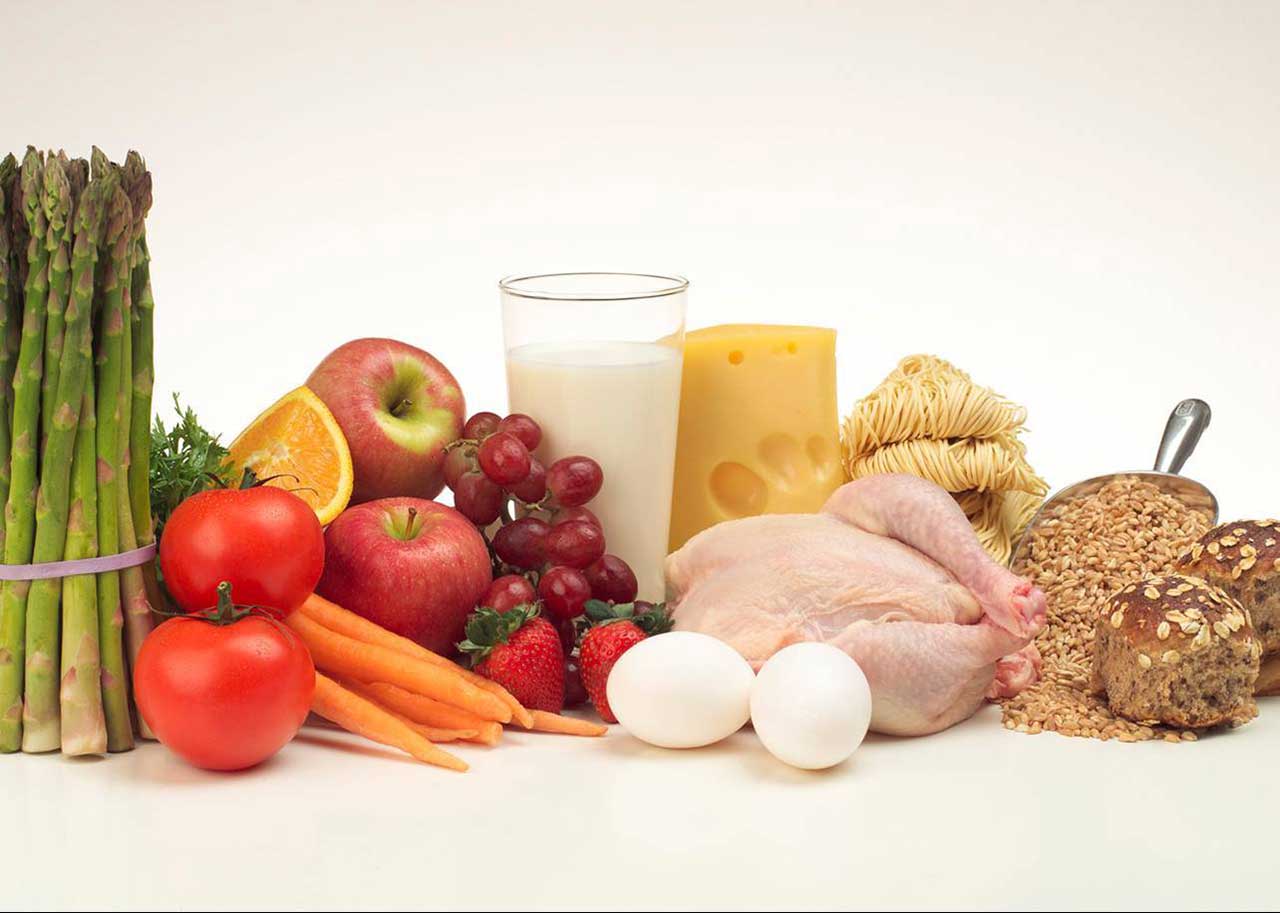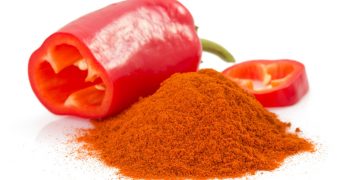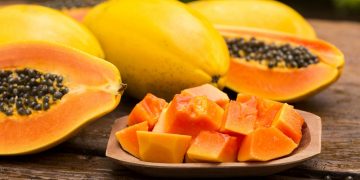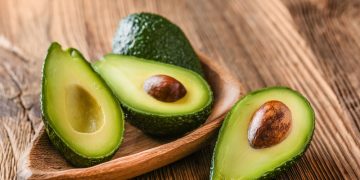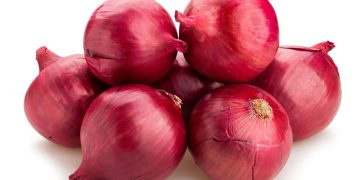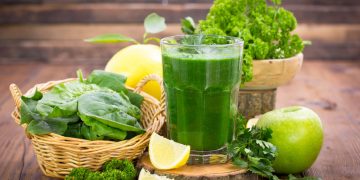Thanks to the internet, our exposure to information is now unquantifiable. To get noticed in this melee is a challenge, but one the University of Southern California rose to perfectly with the headline ‘Protein-rich diets are as bad as smoking’. The dramatic claim related to a study published in Cell Metabolism that suggested a low protein intake is associated with a reduced rate of cancer and overall mortality rate in those aged 50-65. The headline was probably the work of a canny marketing department, and it worked, because now everyone’s talking about it.
High protein was defined as counting for 20 percent or more of daily calorie intake. Have an egg for breakfast, eat a chicken sandwich for lunch, snack on a handful of almonds and then have salmon with vegetables for dinner and you are in the high protein category. Easily done, but that’s precisely the sort of diet that many nutrition experts believe we should be having, so what’s the truth? Does a high protein diet really increase the risk of cancer to the same level as smoking cigarettes – a proven killer?
This small observational study found an association, not a cause. An association doesn’t take into account other vital factors linked to disease such as overall health, level of activity, alcohol drunk or trans fat intake. Furthermore, the study collated data over a long period (18 years) but only one single day’s diet. In other words, what the participants ate on one day in, say, 2001, was used as the default for the duration of the study, a shaky premise!
Question of balance
We do know a diet high in processed meat can increase the risk of colon cancer, and saturated fats can not will, raise cholesterol, which is linked to heart disease. But focusing on any one part of the diet is misleading, and as dull as it may be, a healthy diet contains some of most foods.
Taking my sample day, let us change things a little. Have the egg with some avocado and cucumber for breakfast, eat an apple with your almonds, a chicken salad sandwich and a carrot for lunch, some nut butter with oatcakes in the afternoon, and then salmon with sweet potato and plenty of green vegetables for dinner. The protein levels don’t change much but adding in fresh produce balances the diet nicely and there are more fiber, nutrients, and variety than a dit very high in protein.
That headline grabbed attention, but the study it’s based on is flawed. Unfortunately what people will remember is not the details, not the experts who have filtered and dismissed the information, but the headline. ‘Everything in moderation’ isn’t as catchy as ‘protein kills’, but it’s far closer to the truth.


